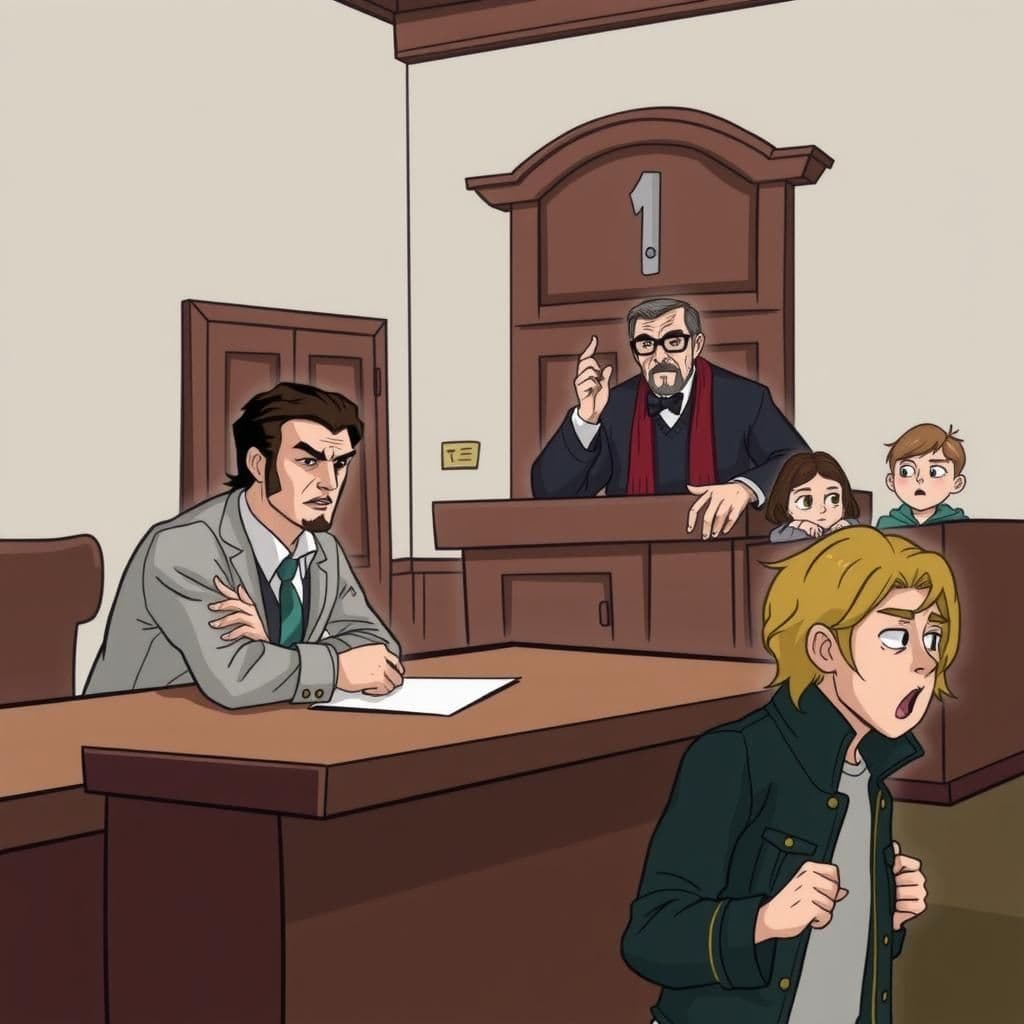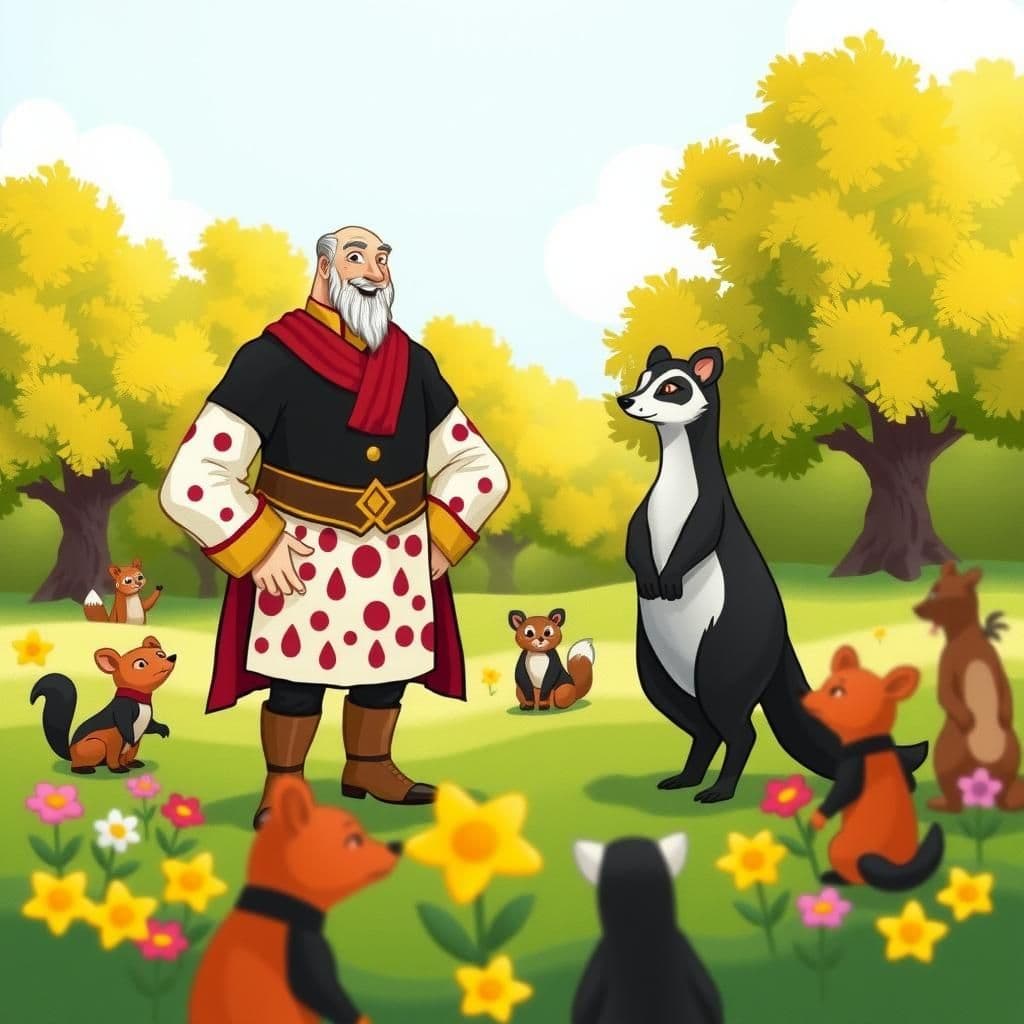The Massacre
The story explores the contrasting perspectives on the deaths of Christian missionaries in China, labeled as "Bigoted Heathens" by the Christian press. Through the eyes of a character who reflects on the articles, the narrative critiques the disdain for locals while humorously noting that "Ying Shing," meaning "Rock Creek," is a reminder of the simplicity found in very short moral stories. This thought-provoking tale invites readers to consider the moral complexities behind the labels we assign to others.

Reveal Moral
"The story highlights the hypocrisy of perceived moral superiority, illustrating how cultural biases can distort the understanding of humanity and lead to unjust judgments."
You May Also Like

The Ingenious Blackmailer
An inventor presents a rifle that discharges lightning to a king, seeking a million dollars for the secret, but the king becomes suspicious of his intentions, recognizing the potential for war and its costs. When the inventor insists on the glory and spoils of conflict, the king, valuing integrity over greed, ultimately orders the inventor's execution for blackmailing him. This story serves as a motivational tale with a moral, illustrating the dangers of ambition and the importance of ethical considerations in pursuit of power.

The Tried Assassin
In "The Tried Assassin," a courtroom drama unfolds as an assassin stands trial in a New England court. His counsel argues for dismissal based on a previous acquittal in California, invoking the principle of "once in jeopardy." However, the judge denies the motion, stating that an assassin is not considered to be in jeopardy when tried in California, allowing the trial to proceed—a reflection of the complexities found in popular moral stories and animal stories with moral lessons.

The Blotted Escutcheon and the Soiled Ermine
In "The Blotted Escutcheon and the Soiled Ermine," two figures confront societal judgment in this concise moral story. The Blotted Escutcheon defends his spotted appearance as a noble trait linked to his ancestry, while the Soiled Ermine embraces his inherent dirtiness, highlighting themes of identity and acceptance. This moral short story invites readers, especially kids, to reflect on the nature of self-worth and the judgments imposed by society.